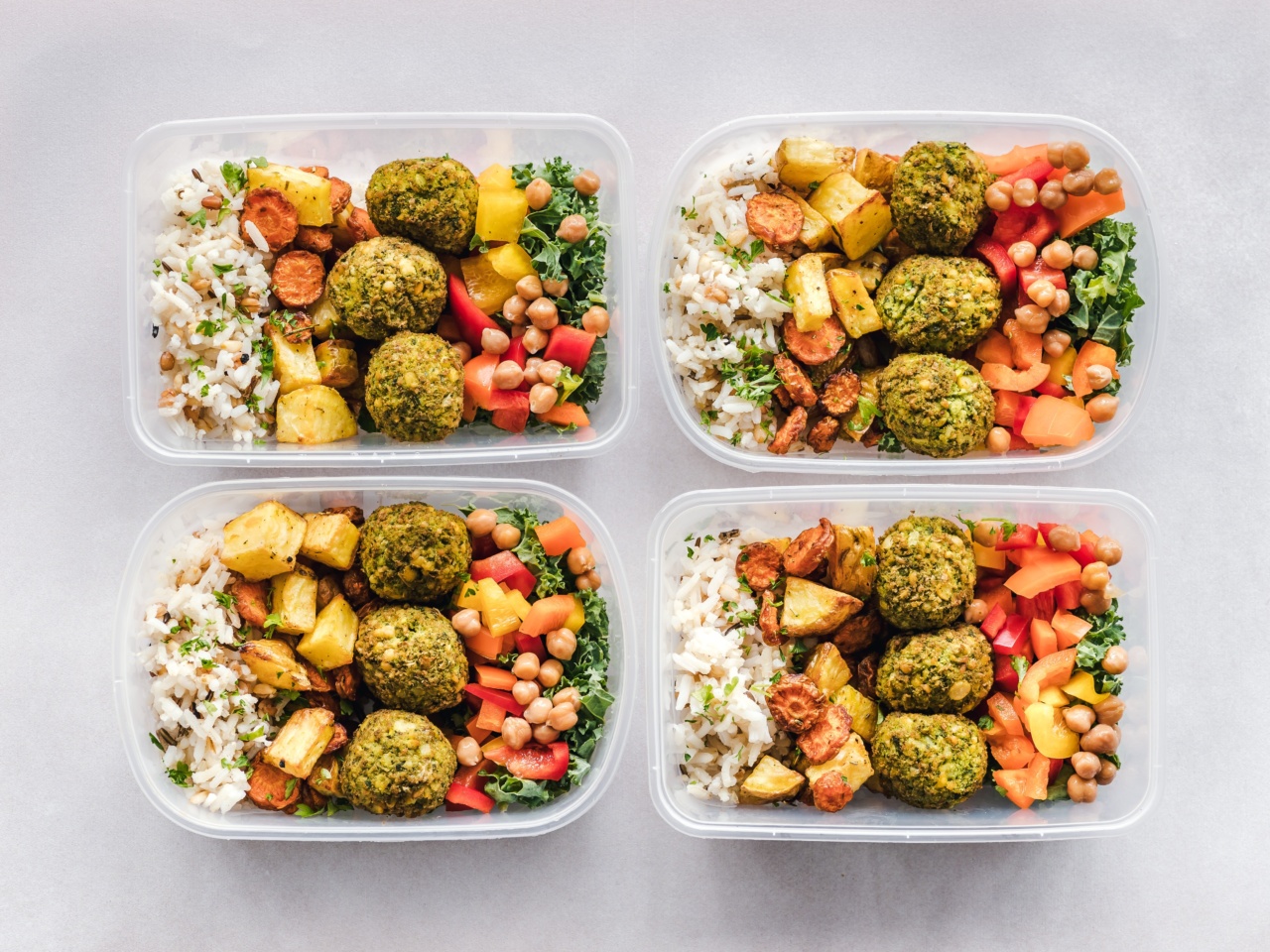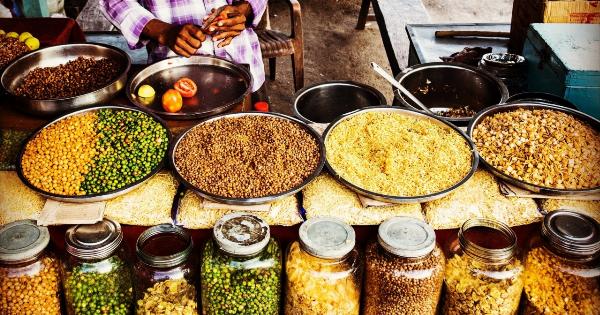Beans are a popular food item all around the world, as they are rich in antioxidants, minerals, and fiber. They are also a fantastic source of plant-based protein, which makes them a healthy staple for vegetarians and vegans.
However, some people may need to exclude beans from their diet due to various health reasons and intolerances. In this article, we discuss who should skip beans in their diet and why.
People with Irritable Bowel Syndrome (IBS)
IBS is a common digestive disorder that can cause symptoms like bloating, abdominal pain, diarrhea, and constipation. People with IBS may struggle to digest complex carbohydrates, such as those found in beans, which can worsen their symptoms.
During the digestion process, beans can ferment in the gut, leading to a buildup of gas. Thus, individuals with IBS may need to avoid beans or limit their consumption in small amounts.
People with Gastrointestinal Disorders
Individuals with gastrointestinal disorders like inflammatory bowel disease (IBD), Crohn’s disease, or ulcerative colitis should avoid consuming beans as they can cause inflammation and irritation in the gut lining.
These individuals may also have difficulty digesting complex carbohydrates and plant-based protein. Therefore, it is advisable for such people to stay away from beans in their diet and opt for other protein and fiber sources like lean meats, fish, and vegetables.
People with Kidney Stones
Kidney stones occur when certain substances like calcium, uric acid, or oxalate start to accumulate in your kidneys and form a hard crystal.
According to recent studies, people with a history of kidney stones must avoid beans in their diet as they are rich in oxalates. Oxalates are compounds present in several foods, including beans, and they can increase the risk of forming kidney stones in some people. Thus, anyone who has a history of kidney stones must avoid or limit their intake of beans.
People with Gout
Gout is a type of arthritis caused by the accumulation of uric acid crystals in joints. It can lead to inflammation, swelling, and severe joint pain. Beans are high in purines, which are broken down into uric acid in the body.
People with gout must avoid consuming purine-rich foods like beans as they can worsen the symptoms of gout. Instead, they should opt for low-purine foods like strawberries, cherries, and leafy greens.
People with Allergies to Legumes
People with legume allergies, including bean allergy, should avoid beans in their diet to prevent allergic reactions. Symptoms of legume allergy may include hives, difficulty in breathing, or anaphylaxis.
Legume allergies are not very common, but it is advisable to check with your doctor before consuming beans or any other legumes if you have a history of such allergies.
People with Diabetes
Beans are an excellent source of dietary fiber and protein. However, it may not be suitable for people with diabetes, as high-fiber foods can have a significant impact on their blood sugar levels.
Beans are rich in carbohydrates, which can increase blood sugar levels. People with diabetes may need to limit their intake of beans and monitor their blood sugar levels closely after consuming them. It is advisable to consult a doctor or a registered dietitian before including beans in your meal plan.
People Following Specific Diets
People following specific diets like the ketogenic or low-carb diet must avoid beans in their diet as they are high in carbohydrates.
The ketogenic diet is a high-fat, low-carbohydrate, and moderate-protein diet that helps the body burn fat for energy instead of glucose. Beans and legumes are rich in carbohydrates, which can disrupt the state of ketosis and may hinder weight loss. Thus, individuals following the ketogenic diet must avoid or limit their intake of beans.
Pregnant Women
Pregnant women must avoid beans in their diet as they can cause digestive issues, including gas, bloating, and constipation. Consuming beans can lead to discomfort, which is not suitable for pregnant women, especially during the first trimester.
However, beans are rich in essential vitamins, minerals, and protein, which makes them an excellent food source for pregnant women. It is advisable to consult a doctor before consuming beans or any other legumes during pregnancy.
Conclusion
Beans are a fantastic source of nutrition, but they may not be suitable for everyone.
People with certain health conditions like IBS, gastrointestinal disorders, kidney stones, gout, legume allergies, diabetes, and pregnant women must either avoid beans in their diet or limit their consumption. It is always advisable to consult a doctor or a registered dietitian before making any changes to your diet, especially if you have any underlying health conditions.






























